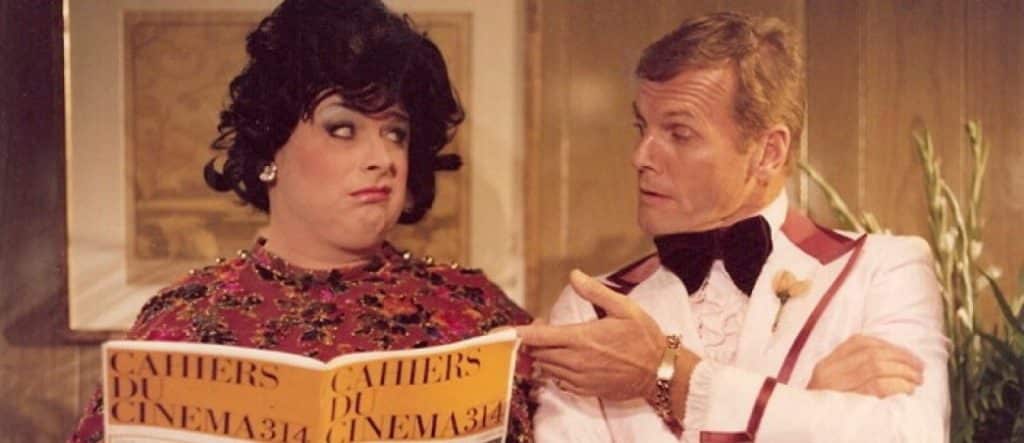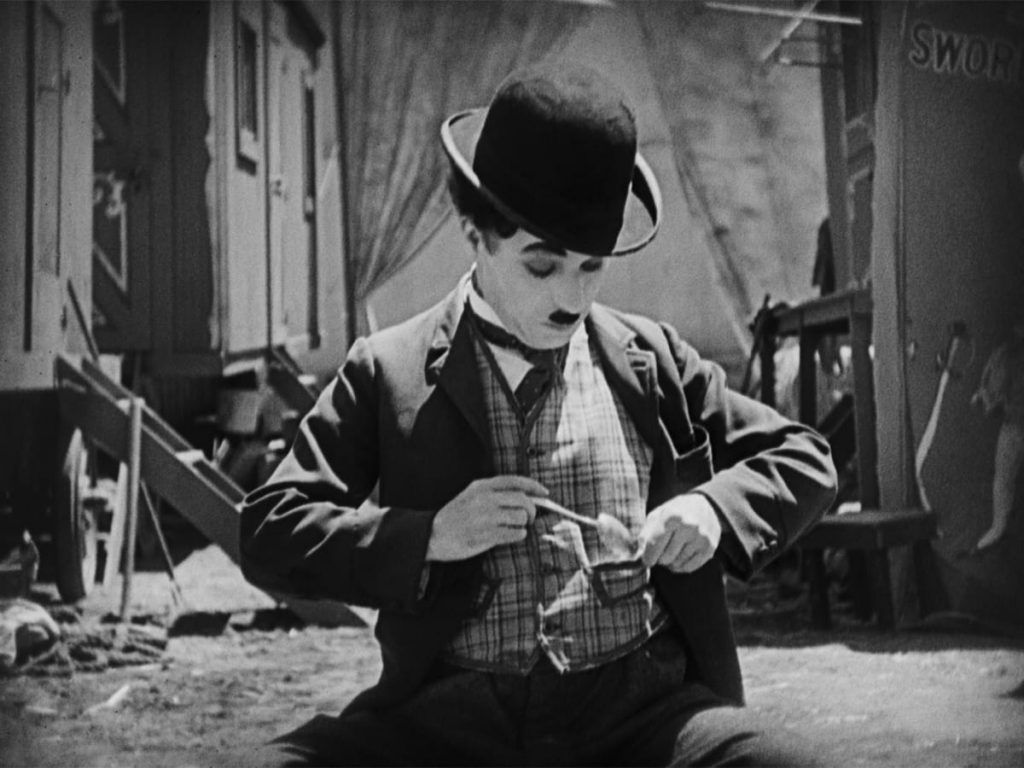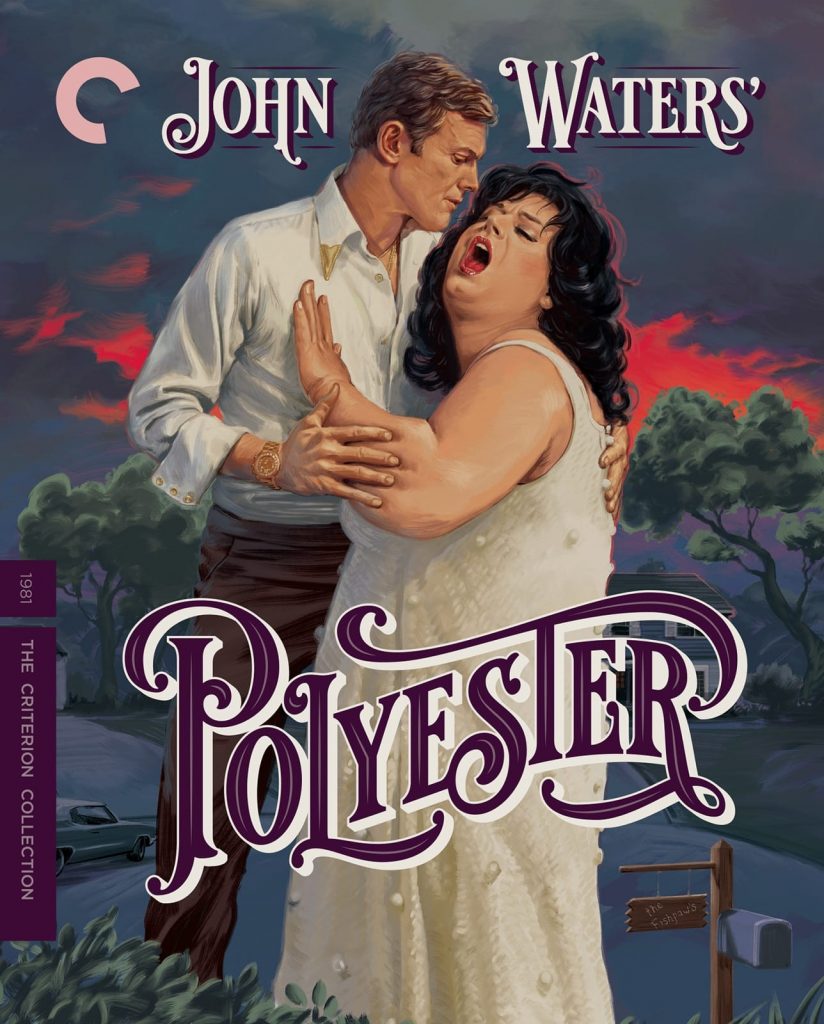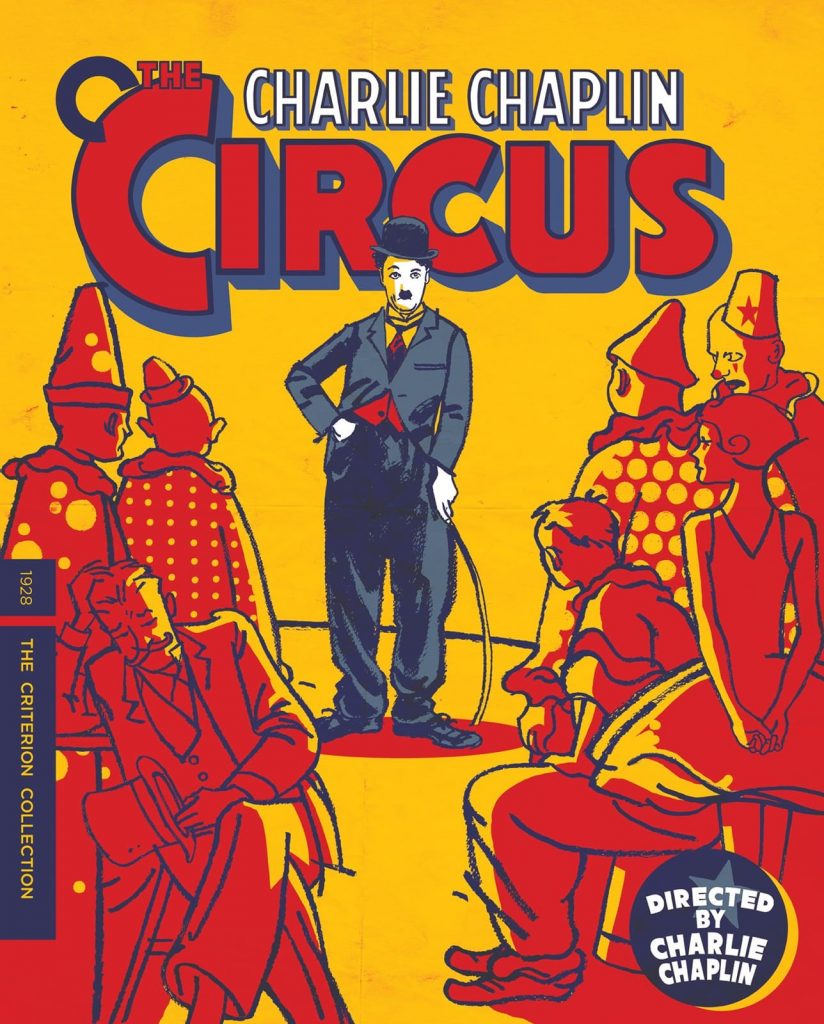Read also:
How to Watch FX Live Without CableHow To Watch AMC Without CableHow to Watch ABC Without CableHow to Watch Paramount Network Without CableWelcome to the Criterion Corner, where we break down some of the month’s new releases from the Criterion Collection.
#995: Polyester (1981), dir. John Waters

To this day, it still amazes and delights me that John Waters gets to have not one, but multiple films in the Criterion Collection. I mean, the Collection has never been shy at rewarding ‘trashy’ or populist entertainment — hell, Michael Bay got two films in the collection years before Waters did — but it’s always a perverse delight to see films like Polyester get lumped in with the likes of Terrence Malick or Charlie Chaplin or Edward Yang.
In quite a few ways, Polyester feels like the perfect vehicle for Criterion’s quirky, curatorial approach to film preservation, for no other reason than to revitalize Waters’ William Castle-esque gimmick for his first studio picture. The story is no great shakes, as you’d expect — a prim and proper housewife (played to campy excess by Waters’ muse Divine), bristles against her porn-theater-manager husband (David Samson) and her delinquent children (Mary Garlington and Ken King), eventually falling in with a sleazily handsome arthouse theater purveyor (Tab Hunter, playing against his ’50s heartthrob persona to terrific effect). But like Waters’ other works, it’s all in the punk glory of its pointed transgressions against good taste, from foot-stomping perverts to raucous AA meetings.
And then, of course, there’s the Odorama card, which Criterion recreates to literally nauseating detail right next to the essay booklet. As the OTT German scientist explains at the beginning of the film, the scratch-and-sniff card allows you to simulate the smells emanating from the film’s universe in real time. Of course, it’s the ultimate prank on an audience who, if they’re game, won’t mind the surprise smells of everything from roses and leather to stinky shoes and farts. Fair warning, though; the technology’s imperfect, to be sure, and most of the smells smell pretty much the same. (Good luck discerning the smells of pizza from #6.) Plus, once you scratch it off, you’ll think twice before opening the clamshell to rewatch it.
But that kind of stomach-churning antagonism is part of Waters’ charm; if you’re not on board with him poking you in the eye a little bit, don’t sign up for Polyester. But for the campy, deeply queer audience that eats up stuff like nymphomaniacs giving up sex for macrame, or Divine relentlessly sniffing around her surroundings like some kind of drag queen Pomeranian, something like Polyester carries a perverse glee.
As for the rest of the features, Polyester‘s worth the price of admission even apart from the Odorama card. The transfer is lovely, upgrading it to pristine HD sharpness without removing all of the grime from Waters’ pastel-loaded frame. The extras, which include interviews with Hunter and many of Waters’ collaborators (and the commentary from the original ’93 laserdisc) are well worth the watch as well. Plus, I mean, look at that cover, a gloriously ironic Sam Hadley poster caked with Sirkian romance.
You may order Polyester from Criterion here.
#996: The Circus (1928), dir. Charlie Chaplin

Criterion’s long been a chronicler of The Tramp’s career, from his earliest efforts (The Kid) to his late-career reflections (Limelight). More than just one of silent comedy’s most entertaining figures, Charlie Chaplin‘s work always functioned at the intersection of class and culture, interrogating the very nature of entertainment and politics. While The Circus is no Great Dictator, it’s also a pleasing silent comedy (his last one before moving to the talkies) that manages to reflect Chaplin’s own anxieties about being left behind as an entertainer.
The setup is classic Chaplin — running from the law, the Tramp finds himself running into a three-ring circus, his bouncy physicality inadvertently making him the star of the show. Seeing a chance at a new life, Chaplin tries to find a place among the motley crew of entertainers, but there’s just one problem: he’s only funny when he doesn’t mean to be. The result is something of an identity crisis, not just for the Tramp but for Chaplin himself: The Circus, a product of his usual perfectionism and beset with production troubles, finally came out just as silent films were dying. As such, the film’s end — The Tramp recognizing he’s worn out, choosing to stay behind as the circus moves on to another town — takes on a whole new meaning.
Still, for as much as The Circus sees Chaplin at his most self-deprecating, it features some of his most daring and effective setpieces. Take the gag where he imitates a bobbing, animatronic puppet to fool a bobby in pursuit, for instance, or the time when he steps into a cage with a real-life lion. Given all of the issues it took to even get it made (an acrimonious public divorce, lost locations, lost footage), it’s a miracle it ended up as good as it is.
Luckily, Criterion gave us a solid release to honor one of Chaplin’s most oft-forgotten efforts. Sure, you get the usual pristine restoration, a 4k turn of the 1969 re-release, complete with original score by Chaplin (including a full song in the credits, “Swing Little Girl”), and the typically informative audio commentary from a film scholar, this time Chaplin biography Jeffrey Vance. But the real treat is some rare, unused footage from the film, including an entire cut sequence in a cafe, as well as other outtakes with commentary by comedy choreographer Dan Kamin. When it comes to long-dead filmmakers, Criterion opts for the interrogative, analytical approach, allowing scholars and critics to evaluate just what made them great, and The Circus is a wonderful example of how the imprint uses this approach to great effect.
You may order The Circus from Criterion here, and it’s also currently available on The Criterion Channel.

